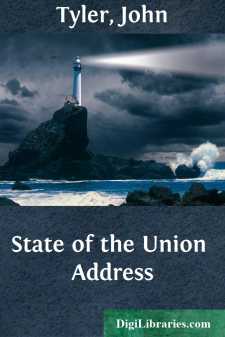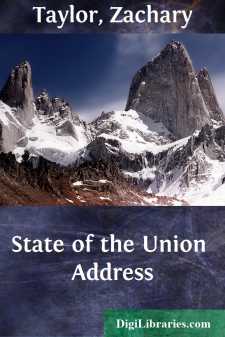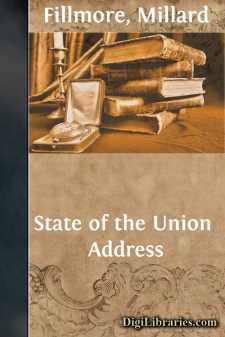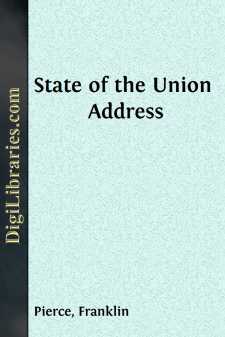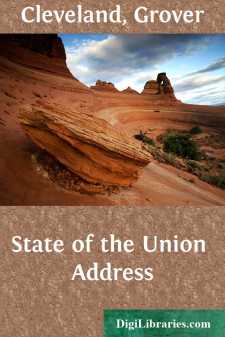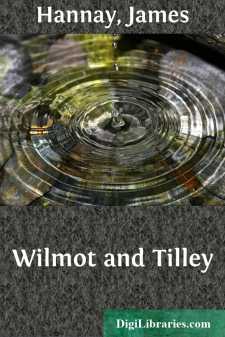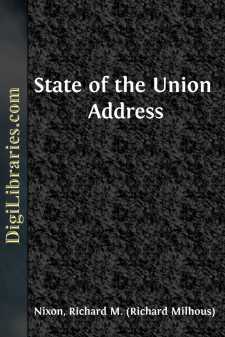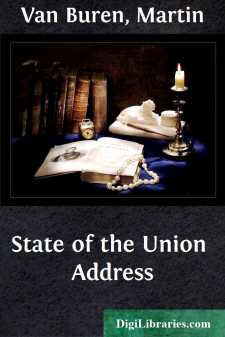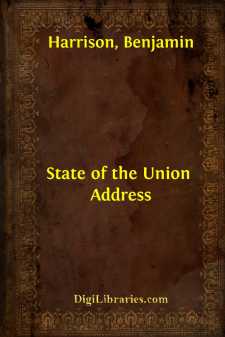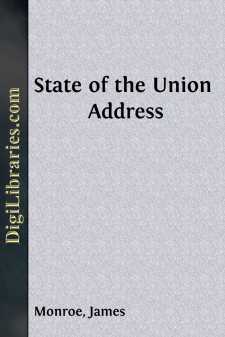Political Science
- Conspiracy & Scandal Investigations 1
- Constitutions 7
- Economic Conditions 10
- General 46
- Government 6
- History & Theory
- Peace 1
History & Theory Books
Sort by:
by:
John Tyler
To the Senate and House of Representatives of the United States: In coming together, fellow-citizens, to enter again upon the discharge of the duties with which the people have charged us severally, we find great occasion to rejoice in the general prosperity of the country. We are in the enjoyment of all the blessings of civil and religious liberty, with unexampled means of education, knowledge, and...
more...
by:
Zachary Taylor
Fellow-Citizens of the Senate and House of Representatives: Sixty years have elapsed since the establishment of this Government, and the Congress of the United States again assembles to legislate for an empire of freemen. The predictions of evil prophets, who formerly pretended to foretell the downfall of our institutions, are now remembered only to be derided, and the United States of America at this...
more...
by:
Millard Fillmore
Fellow-Citizens of the Senate and of the House of Representatives: Being suddenly called in the midst of the last session of Congress by a painful dispensation of Divine Providence to the responsible station which I now hold, I contented myself with such communications to the Legislature as the exigency of the moment seemed to require. The country was shrouded in mourning for the loss of its venerable...
more...
by:
Franklin Pierce
Fellow-Citizens of the Senate and of the House of Representatives: The interest with which the people of the Republic anticipate the assembling of Congress and the fulfillment on that occasion of the duty imposed upon a new President is one of the best evidences of their capacity to realize the hopes of the founders of a political system at once complex and symmetrical. While the different branches of...
more...
by:
Grover Cleveland
To the Congress of the United States: Your assembling is clouded by a sense of public bereavement, caused by the recent and sudden death of Thomas A. Hendricks, Vice-President of the United States. His distinguished public services, his complete integrity and devotion to every duty, and his personal virtues will find honorable record in his country's history. Ample and repeated proofs of the...
more...
by:
James Hannay
CHAPTER I The contest for responsible government which was carried on in all the provinces of British North America for so many years resembled in some of its features a modern battle, where the field of operations is so wide that it is impossible for a general to cover it with his eye or to keep control of all the movements of his subordinates. In such a case, everything depends on the ability of the...
more...
Mr. Speaker, Mr. President, my colleagues in the Congress, our distinguished guests and my fellow Americans: To address a joint session of the Congress in this great Chamber in which I was once privileged to serve is an honor for which I am deeply grateful. The State of the Union Address is traditionally an occasion for a lengthy and detailed account by the President of what he has accomplished in the...
more...
by:
Martin Van Buren
Fellow-Citizens of the Senate and House of Representatives: We have reason to renew the expression of our devout gratitude to the Giver of All Good for His benign protection. Our country presents on every side the evidences of that continued favor under whose auspices it, has gradually risen from a few feeble and dependent colonies to a prosperous and powerful confederacy. We are blessed with domestic...
more...
To the Senate and House of Representatives: There are few transactions in the administration of the Government that are even temporarily held in the confidence of those charged with the conduct of the public business. Every step taken is under the observation of an intelligent and watchful people. The state of the Union is known from day to day, and suggestions as to needed legislation find an earlier...
more...
by:
James Monroe
Fellow-Citizens of the Senate and House of Representatives: At no period of our political existence had we so much cause to felicitate ourselves at the prosperous and happy condition of our country. The abundant fruits of the earth have filled it with plenty. An extensive and profitable commerce has greatly augmented our revenue. The public credit has attained an extraordinary elevation. Our...
more...


